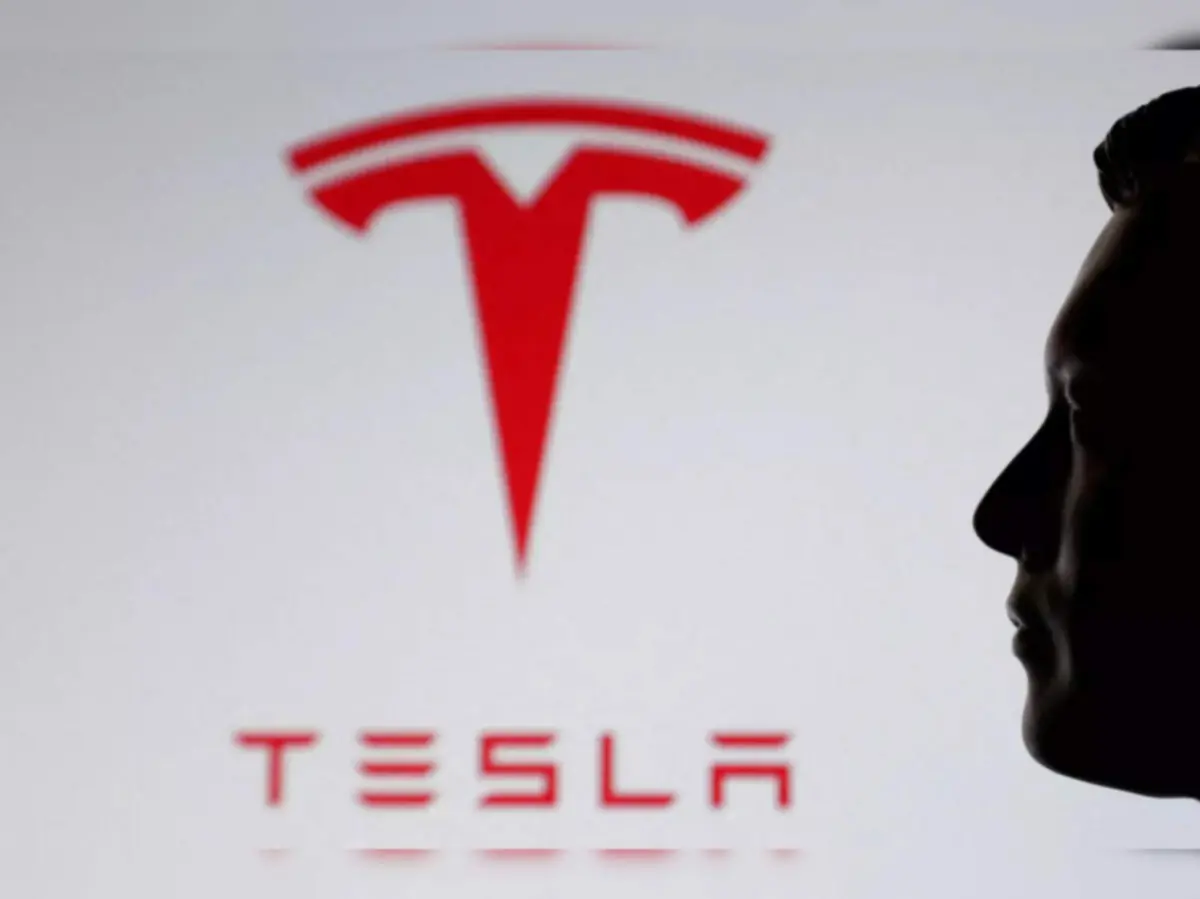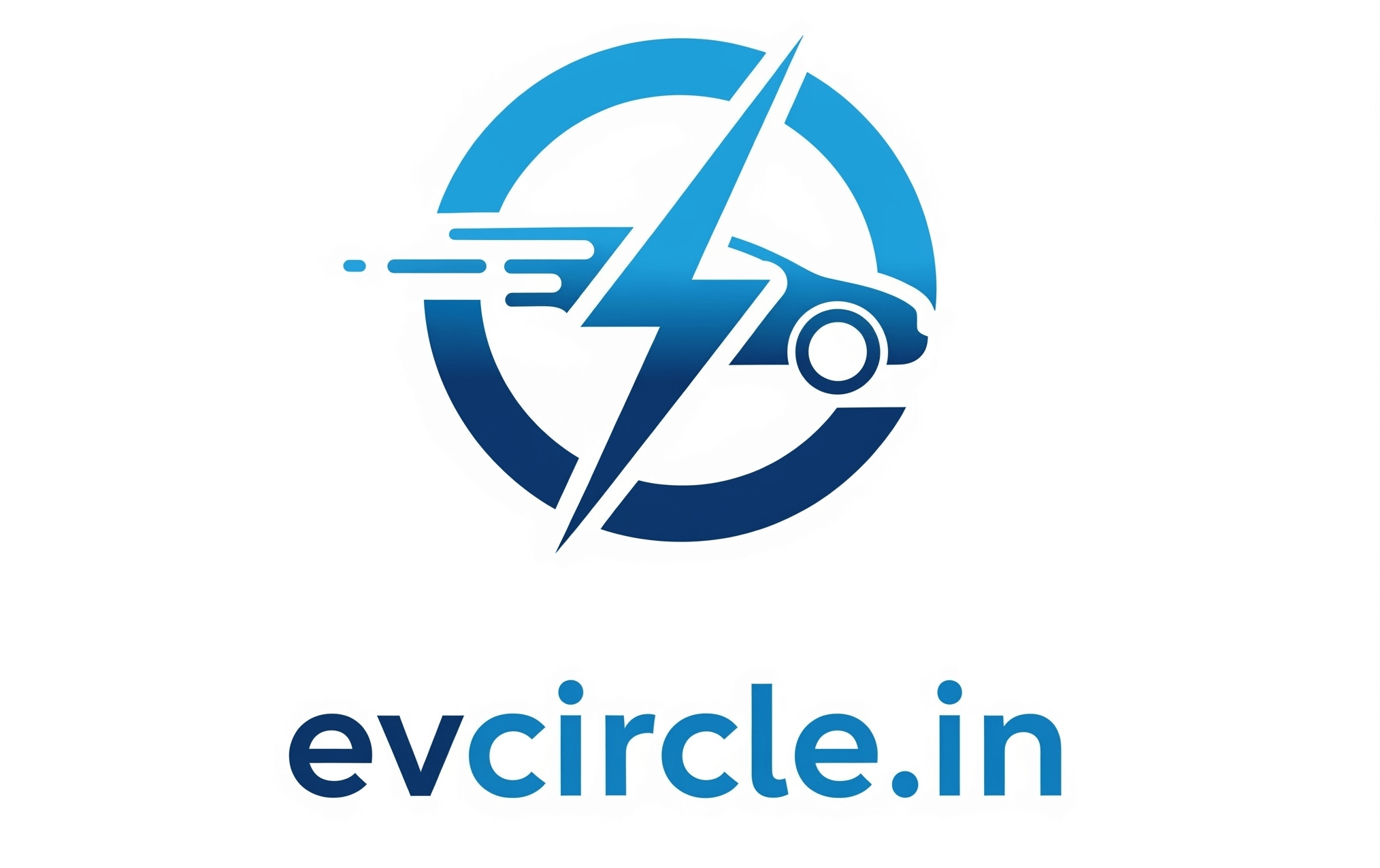
Tesla’s U.S. market share fell to nearly an eight-year low in August as buyers chose electric vehicles from an expanding roster of competitors over the aging range offered by CEO Elon Musk’s company, according to data from research firm Cox Automotive provided exclusively to Reuters.
The slide underscores the threat from automakers boosting EV incentives at a challenging moment for the sector. Analysts anticipate an uplift in EV sales to persist through September in the United States, then taper off when federal tax credits end at month’s close, increasing financial strain on Tesla and other manufacturers.
Tesla, which once controlled more than 80% of the U.S. EV market, made up 38% of total EV sales in the United States in August — the first time it dipped below the 40% threshold since October 2017, when it was ramping up production of the Model 3, its first mass-market car, according to preliminary Cox data.
While other automakers are introducing new EVs, Tesla has shifted its emphasis to producing robotaxis and humanoid robots, postponing and canceling plans for lower-priced electric models. Much of Tesla’s trillion-dollar valuation rests on that wager. The company’s board on Friday proposed an unprecedented $1 trillion compensation package for Musk that, aside from other operational milestones, ties his pay to Tesla’s valuation rising to $8.5 trillion over the next decade.
For the moment, Tesla’s core auto business remains its profit engine. Its most recent new model was the Cybertruck pickup, which launched in 2023 without matching the success of its Model 3 midsize sedan or Model Y midsize SUV. Tesla has updated the Model Y, once the world’s best-selling vehicle, but the revisions fell short of expectations, and Tesla is heading toward a second consecutive year of sales decline.
“I know they’re positioning themselves as a robotics, AI company. But when you’re a car company, when you don’t have new products, your share will start to decline,” Stephanie Valdez Streaty, Cox’s director of industry insights, said in an interview with Reuters.
Cox has more complete figures for July, when Tesla’s market share slipped to 42% from 48.7% in June. The decline was the steepest since March 2021, around the time Ford launched its Mustang Mach-E EV, according to a Reuters analysis of the data.
Musk’s right-wing political activities and ties to President Donald Trump have also damaged the brand. Musk helped steer Trump’s efforts this year to downsize and reshape the U.S. government but left the administration in May and later had a falling out with the Republican president.
Sales of new EVs rose more than 24% month over month in July to 128,268, according to the Cox data, driven by the impending end of a $7,500 tax credit for EVs and appealing deals. Tesla’s sales increased 7% to 53,816, even as its market share declined. In August, Tesla’s growth slowed to 3.1%, while the broader market expanded by 14%, the preliminary data indicated.
For years, Tesla as the market leader was able to grow sales rapidly and command premium pricing for its cars, enabling it to generate profits. But with weakening demand and an array of rivals, Tesla has been forced to cut prices in recent years, compressing its margins and unnerving investors. The sliding share exposes Tesla’s increasingly tough decision of supporting sales with higher, profit-eroding incentives for buyers or preserving profitability and ceding market share.
The July figures showed competitors outpacing Tesla. Hyundai, Honda, Kia and Toyota offered bigger incentives than Tesla and drove EV sales up between 60% and 120%, lifting their market share. Hyundai and other legacy manufacturers are all benefiting from this sense of urgency, and they’re able to have attractive offerings for their vehicles – and it’s working,” Streaty said. “I think we’re going to continue to see this momentum through September.”
Competition with Tesla has become fierce at EV dealer lots. While hunting for an everyday car last month, Topojoy Biswas, a 41-year-old tech employee in the San Francisco Bay Area, encountered a variety of deals, including zero down and zero interest rates, from several EV dealers.
Instead of the Toyota Camry he had been considering, Biswas bought a Volkswagen ID.4, VW’s rival to the Model Y, enticed by an appealing lease price and an offer of free fast-charging. Volkswagen sales jumped more than 450% in July from the prior month.
“It felt like the deal of the market,” Biswas said.
See also: BMW Criticizes EU Combustion Ban, Vows Equal Treatment for EV and ICE Buyers
Sustainability advocate with a keen eye on policies, trends, and real-world EV impact.

Leave a Reply